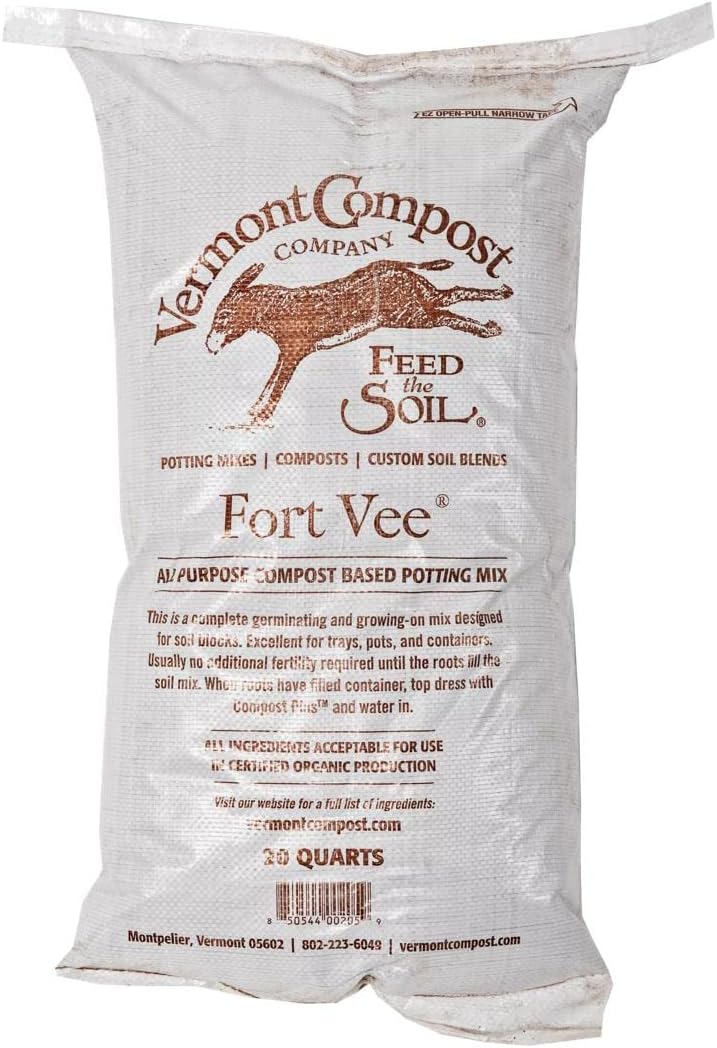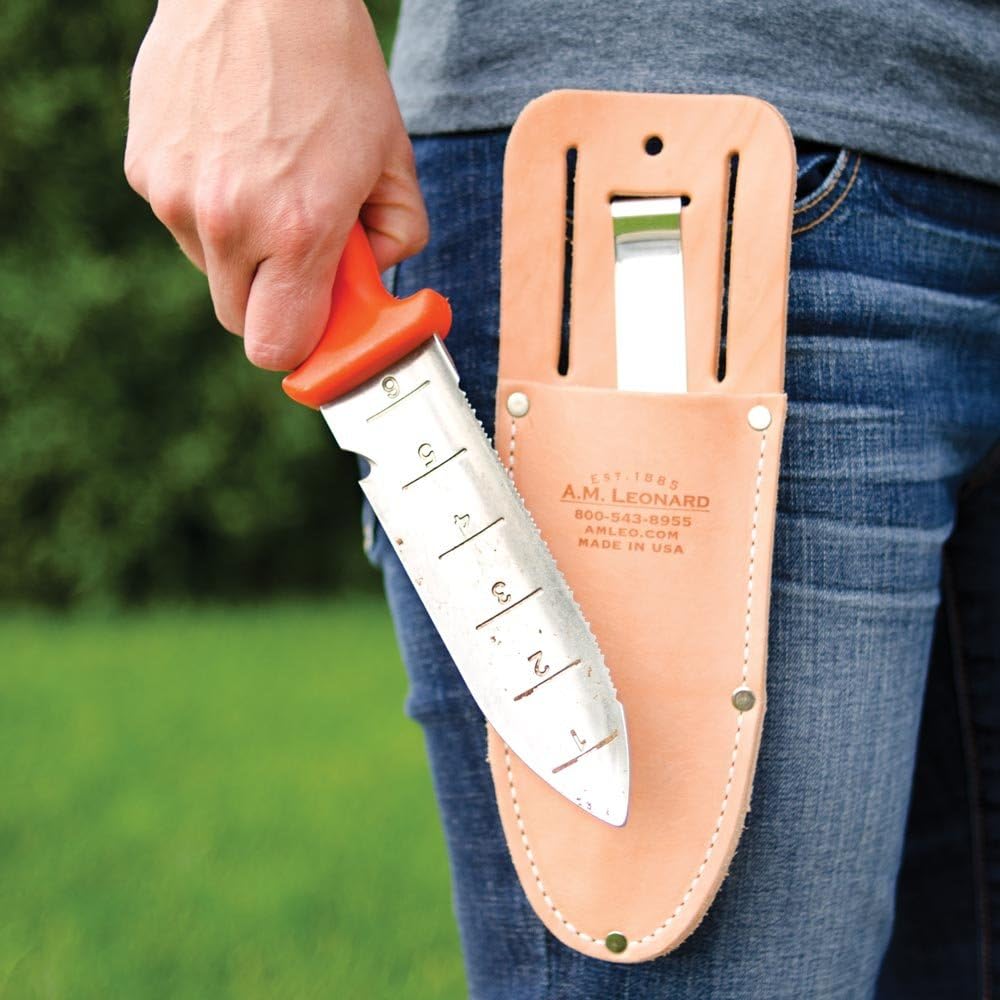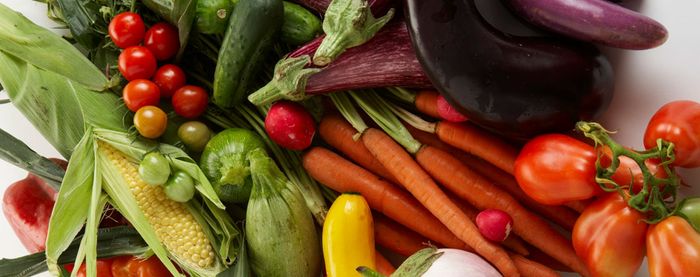Miniature Fruits and Veggies That Tout Big Flavor
These single-serving-size edibles are perfect for those times when you don’t need to feed an army

In the vegetable garden, “Good things come in small packages” is more than just a cliché. While a standard eggplant or a soccer-ball-size cabbage makes a meal for a family of four, it’s too much food for a table of one or two. Miniature vegetable varieties, however, are the perfect fit for smaller households.
Often comparable to their full-size counterparts in taste and yield, miniature veggies bring big flavor in smaller packages. They help cut down on waste while still offering the endless kitchen opportunities of home-grown vegetables.
The edible portion of a miniature vegetable is substantially smaller than that of its standard-size cousin, but miniature vegetables are not the same as baby vegetables. Baby vegetables are full-size varieties harvested before they reach maturity (think baby carrots, baby beets, and baby greens), while miniature vegetables remain small statured even after they reach maturity.
Though some miniature vegetables are produced on dwarf or bush-type plants, many small-fruited vegetables grow on full-size plants. As you decide which mini veggies are right for your garden, keep this in mind and select accordingly.
Dozens of single-serving-size fruit and vegetable varieties are available to home gardeners, but not all of them are worth growing. Here is a handful of selections with a proven track record of flavor and performance.
‘Mini Munch’ cucumber

Why I love it: These tiny, bite-size cukes are seedless, not bitter, and delicious. This all-female variety sets fruit without pollinators and produces multiple cukes at each growth node. Best harvested when they’re about the size of your thumb, ‘Mini Munch’ cucumbers do not need to be peeled before you eat them.
Growing tips: For continual fruit production, harvest every few days. Full-size vines bear dozens of cucumbers over several months and are excellent for training up trellises and arbors.
Plant size: 8 inches tall; 8 to 10 feet spread
Fruit size: 3 to 4 inches long; ½ to 1 inch wide
Days to maturity: 60 from seed
‘Tiara’ cabbage

Why I love it: The flavor of this miniature hybrid cabbage is mild and sweet, and because of its small stature, one head is perfect for a small batch of slaw or soup. The softball-size heads are dense and uniform.
Growing tips: Cabbage is a cool-season crop, so the earlier you get ‘Tiara’ into the garden, the better. Transplants can be planted into the garden three to four weeks before the last expected spring frost. Like other cabbages, ‘Tiara’ may split when overmature or overirrigated.
Plant size: 8 to 10 inches tall; 12 to 15 inches wide
Head size: 6 to 8 inches wide; 2 to 3 pounds
Days to maturity: 50 from transplant
‘Fairy Tale’ eggplant

Why I love it: This gorgeous lavender-and-white mottled hybrid eggplant is surprisingly prolific. The fruits contain very few seeds and have a creamy flavor and texture with no bitterness. The small, oblong fruits are produced in clusters on highly branched, compact plants. Each ‘Fairy Tale’ eggplant is single-serving size. Slice them in half lengthwise, drizzle with olive oil and sea salt, and toss them on the grill.
Growing tips: Like all eggplants, diminutive ‘Fairy Tale’ much prefers warm soil. Mulch planting beds with black plastic to heat the soil prior to planting in northern climates. Protect young seedlings from flea beetles with floating row covers. Harvest eggplants while their skin is still firm and shiny.
Plant size: 18 to 24 inches tall; 12 to 15 inches wide
Fruit size: 2 to 4 inches long; 1 to 2 inches wide
Days to maturity: 65 from transplant
‘Minnesota Midget’ melon

Why I love it: This mini melon is absolutely adorable. Its orange flesh has a classic cantaloupe flavor, and the compact plants produce surprising yields (six to eight melons per vine). Because of its fast maturity, ‘Minnesota Midget’ is an excellent choice for areas with shorter growing seasons. Each softball-size melon makes a scrumptious dessert for two.
Growing tips: Melons thrive in warm soil. Wait until soil temperatures reach 70°F before sowing the seeds, or start seeds in plantable peat pots three to four weeks before spring’s last expected frost. When ripe, these melons will slip from the vine with a gentle tug. Withholding irrigation a week or two before harvest concentrates the sugars and results in a sweeter flavor.
Plant size: 12 inches tall; 3 to 4 feet spread
Fruit size: 4 inches diameter; 2 pounds
Days to maturity: 60 to 70 from seed
‘Tom Thumb’ lettuce
Why I love it: This ridiculously cute heirloom lettuce dates from the mid-1800s. Each head makes a single salad. Slow to bolt and turn bitter, ‘Tom Thumb’ will be one of the last lettuces remaining in your garden when summer’s heat arrives. The thick, crunchy leaves and brilliant green color look gorgeous in the garden and on the plate.
Growing tips: Like other lettuce varieties, this miniature butterhead type is a cool-weather crop. Seeds should be sown directly into the garden four to six weeks before the last expected spring frost. For a continual harvest, sow more seeds every two weeks until the weather grows hot.
Plant size: 4 to 6 inches tall; 4 to 6 inches spread
Head size: 3 to 4 inches across
Days to maturity: 60 from seed
‘Honeynut’ butternut squash
Why I love it: This cute-as-a-button winter squash looks like butternut squash that’s been zapped by a shrink ray. The rust-colored rind surrounds rich, buttery orange flesh. Bred at Cornell University, this petite squash is perfect for a single serving of roasted or mashed squash. Expect up to eight to ten squash per vine.
Growing tips: Because it requires a long growing season to develop its rich, rust-colored skin, plant the seeds of ‘Honeynut’ as soon as the danger of frost has passed. The full-size vines are resistant to powdery mildew, but if left untrellised, they’ll take over the garden.
Plant size: 8 to 12 inches tall; 7 to 10 feet spread
Fruit size: 5 to 6 inches long; 3 to 4 inches diameter; ½ to 1 pound
Days to maturity: 110 from seed
‘Faerie Hybrid’ watermelon

Why I love it: This incredible miniature watermelon has a yellow rind and supersweet pink flesh. With a crisp texture and stupendous flavor, ‘Faerie Hybrid’ is proof that small fruits can bring big flavors. The long vines are very prolific, with each plant producing an average of eight melons through the growing season.
Growing tips: An All-America Selections winner from 2012, ‘Faerie Hybrid’ is a self-pollinating, early-maturing variety that has very good disease resistance. Prior to planting, use black plastic mulch to warm the soil for two to three weeks. Watermelons are ripe when the tendril nearest the stem turns brown and dies. Melons do not ripen off the vine, so don’t harvest too early.
Plant size: 12 inches tall; 10 to 11 feet spread
Fruit size: 8 inches wide; 4 pounds
Days to maturity: 70 to 75 from seed
‘Baby Pam’ pumpkin
Why I love it: These small pie pumpkins have deep orange flesh and classic pumpkin flavor. Their thick stems make great handles if you choose to turn your ‘Baby Pam’ pumpkins into jack-o’-lanterns instead of pies. Each plant yields four to five pumpkins. The flesh is stringless and sweet, making them an exceptional choice for baking.
Growing tips: Though ‘Baby Pam’ fruits are small, the vines are full size. Give this variety plenty of room to grow, and it will reward you with high yields.
Plant size: 18 inches tall; 10 to 12 feet spread
Fruit size: 5 to 6 inches diameter; 3 to 4 pounds
Days to maturity: 100 from seed
‘Piccolo’ summer squash
Why I love it: The round fruits of ‘Piccolo’ squash are best harvested when they’re the size of a tennis ball. This dark- and light-green striped summer squash boasts a buttery flavor and high productivity. They make perfect uniform slices for zucchini parmesan and are great for frying or grilling.
Growing tips: Because ‘Piccolo’ summer squash is a bush type, the plants don’t take over the garden. Poor fruit set is often the result of poor pollination. Plant plenty of flowering annuals and herbs in the area to increase pollinator numbers and boost fruit set.
Plant size: 18 to 24 inches tall and wide
Fruit size: 3 to 4 inches wide
Days to maturity: 55 to 60 days from seed
‘Tumbling Tom’ tomato
Why I love it: This wee tomato plant produces dozens of sweet cherry tomatoes. Perfect for hanging baskets, containers, window boxes, and raised beds, ‘Tumbling Tom’ cascades over the container’s edge, making a beautiful display of bright red fruits. Each plant yields up to 4 pounds of tomatoes, and because of their small growth habit, the plants don’t need to be staked or trellised.
Growing tips: To ensure optimum fruit production, make sure ‘Tumbling Tom’ receives consistent irrigation, especially if it’s planted in a small container. Wet weather promotes blights and other fungal diseases, so make sure each plant has ample space, and when watering, try to keep the foliage dry.
Plant size: 12 to 18 inches tall; 1 to 2 feet spread
Fruit size: 1 to 2 inches diameter
Days to maturity: 70 days from transplant
Minis are meant for containers

Because many varieties of miniature vegetables are smaller statured, they make excellent choices for container gardens. Look for dwarf varieties or bush-type plants for the best results. When growing mini veggies in containers, select the largest container possible; the more soil it holds, the less you’ll have to water. A 50/50 blend of high-quality potting mix and compost is the ideal growing medium for all types of container veggies.
When growing mini cucumbers, squash, and other vining crops in containers, erect a trellis in the pot, or locate the container near an existing arbor or pergola so that the vines have something to ramble up.
Try mixing three or more miniature veggies in a single container, choosing plants with varying heights and forms. For example, plant two ‘Fairy Tale’ eggplants in the center of the pot and three ‘Mini Munch’ cucumbers around the outer edge. Or center the pot with a trellis covered in ‘Honeynut’ squash, and plant three ‘Tiara’ cabbages around it. The possibilities are endless.
Jessica Walliser gardens in Sewickly, Pennsylvania, and is the author of Good Bug, Bad Bug.
Photos, except where noted: Steve Aitken
Sources
- Burpee Seeds, Warminster, PA; 800-888-1447; burpee.com
- Johnny’s Selected Seeds, Winslow, ME; 877-564-6697; johnnyseeds.com
- Stokes Seeds, Buffalo, NY; 800-396-9238; stokeseeds.com
- Territorial Seed, Cottage Grove, OR; 800-626-0866; territorialseed.com
Fine Gardening Recommended Products

Fort Vee - Organic Potting Soil Mix
Fine Gardening receives a commission for items purchased through links on this site, including Amazon Associates and other affiliate advertising programs.

A.M. Leonard Deluxe Soil Knife & Leather Sheath Combo
Fine Gardening receives a commission for items purchased through links on this site, including Amazon Associates and other affiliate advertising programs.











Comments
Log in or create an account to post a comment.
Sign up Log in